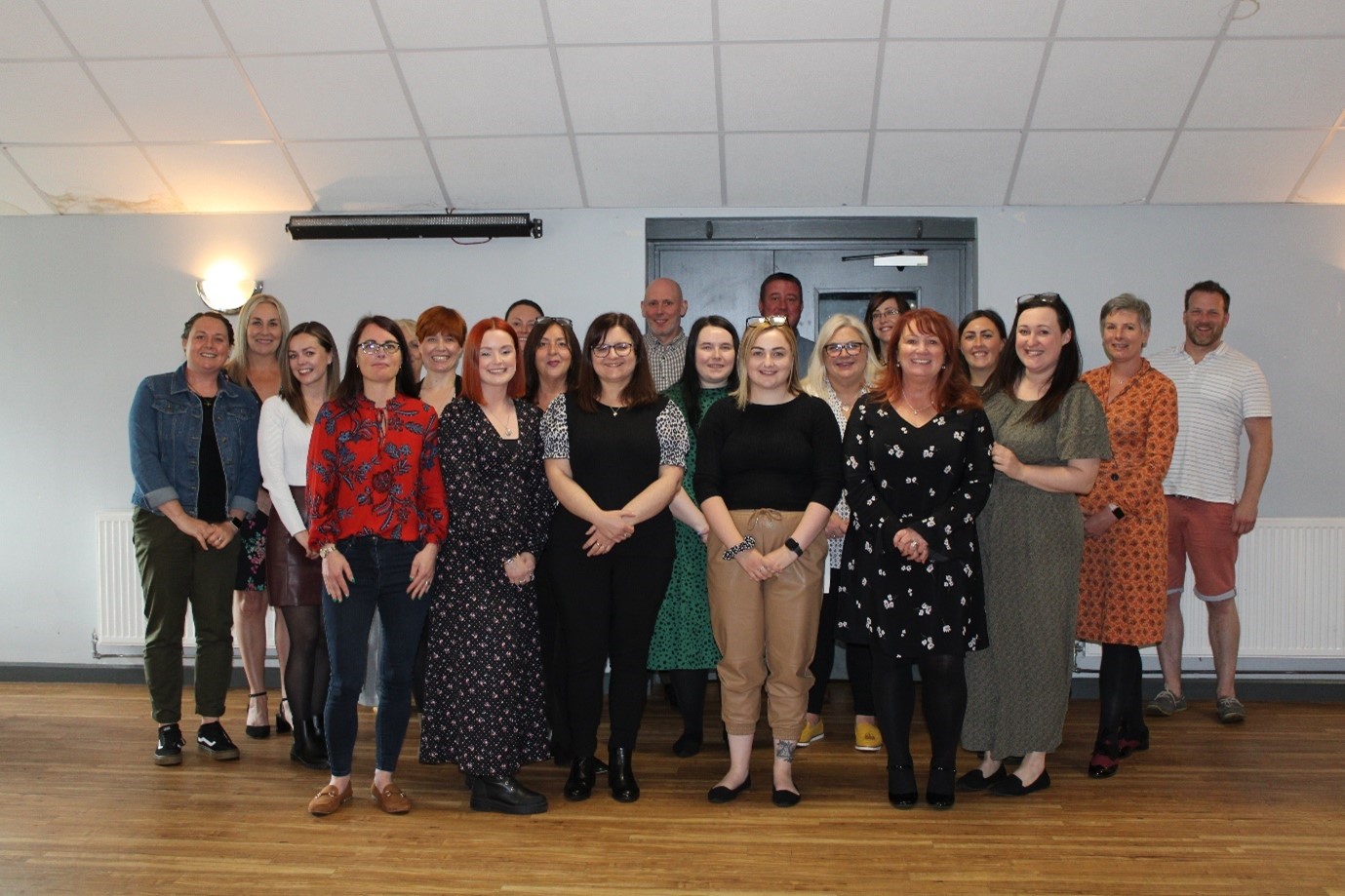Community alternatives to hospital in a mental health crisis
Project Background
Shared Lives has a long history of providing bespoke care in the community to meet various support needs. Since 2019, Shared Lives in Caerphilly has been providing short-term mental health care placements in partnership with Aneurin Bevan University Health Board, enabling more people to access care in the community. Individuals can be placed with an experienced host who supports and includes them in family and community life, whilst receiving medical support from the Crisis Response and Home Treatment Team.
The aim of this Facilitator project was to understand experiences of community alternatives to mental health hospitals when someone is experiencing a crisis. Before this project started an evidence review was conducted by IMPACT. This reinforced the lack of representation in current evidence and the need to know more from a wider range of perspectives. Find out more about Shared Lives in the video.
IMPACT Factfile
- Year: 2023 – 2024
- Delivery Model: Facilitator
- Four Nations: Wales
- Themes:
- Resources:
Pre-Project Evidence
Key points from the evidence review are the following:
Facilitator Engagement
The IMPACT Facilitator project in South East Wales sought to understand routes to mental health crisis support in the community. This involved engaging with staff and families to understand risks, barriers and opportunities from a range of perspectives.

Meet Our Facilitator: Catherine Arnold

Catherine Arnold
My work at Environment Platform Wales is to facilitate environmental research and networking across Welsh Universities. I formerly facilitated First Aid training for the British Red Cross and am currently working to establish an organisation to deliver Trauma-Informed First Aid training.
